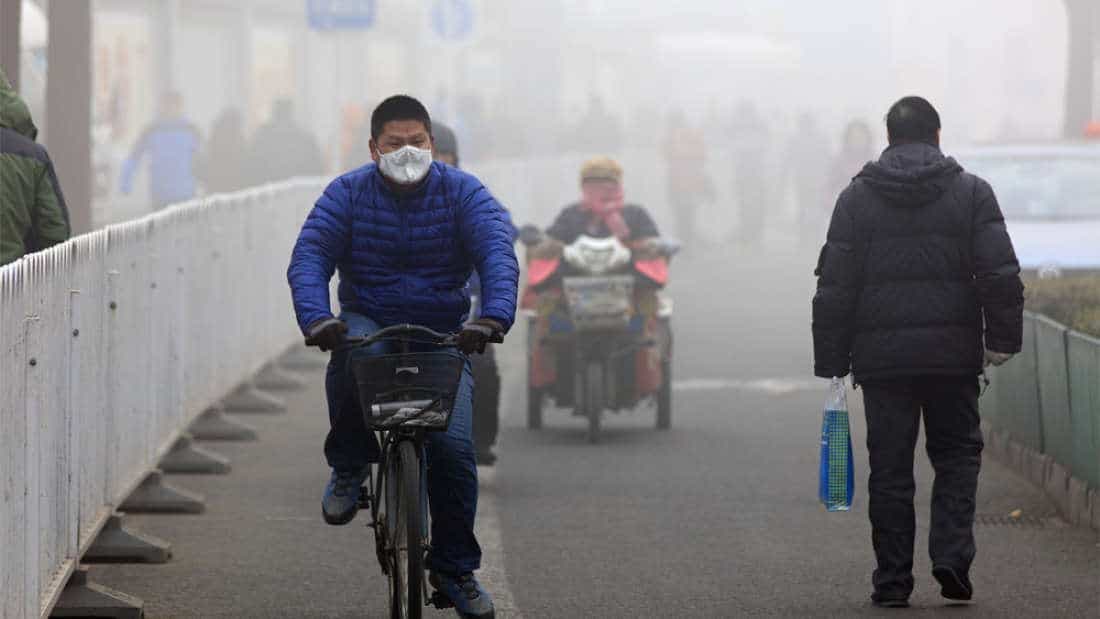A New Era
In recent years, studies have show that humans were responsible for pumping as much as 40 billion tons of carbon dioxide into the air per year and creating 3.5 million tonnes of solid waste per day. This activity has had such a dramatic and rapid impact on our environment that many scientific experts believe that we are no longer in the Holocene epoch and have moved into a new epoch, the Anthropocene.
With evidence of global temperatures rising, ice caps melting, and numerous plant and animal species facing extinction, clearly this new era is impacting every facet of our environment, and humans are no exception. Some studies have shown a link between air pollution and dementia, while other have noted that it can affect short-term memory, IQ, and brain metabolic ratios. Now, a new study is revealing how air pollution is responsible for more than just illness — it is causing millions of deaths.
Climate Change Kills
The U.S.-based Health Effects Institute (HEI) recently concluded that air pollution killed an estimated 4.2 million people worldwide in 2015. Of those 4.2 million, 2.2 million deaths were in just two countries: China and India. The new study also found that approximately 92 percent of people live in areas with "unhealthy air." This first-of-its-kind study was based on information within the Global Burden of Disease (GBD) database, an initiative by Bill and Melinda Gates that keeps track of the environmental and behavioral causes of death worldwide.
Last year, the World Health Organization (WHO) published a study that estimated that only about 3 million people died as a result of air pollution in 2012. While the two results are from separate years, the HEI thinks that the large increase is largely due to advances in the technology used to conduct the new study, and not the face that there were so many fewer deaths just a few short years ago. If that's true, then it is possible that a lot of our current data on the effect of the environment on human health could be inaccurate. It could be that, in a lot of ways, we are only now truly understanding the negative impact that progressive pollution has on our health.
While it is certainly disheartening to see just how severe our air pollution problems are, knowing exactly what we are up against is necessary to solve this crisis. As increasing industrial development threatens to worsen air pollution, it is important that the public understand how this pollution affects our health. Information is a powerful tool, and hopefully, this advanced surveying technology will help to create a better future, and we won't continue to lose 4.2 million lives each year due to unsafe air quality.
Share This Article
